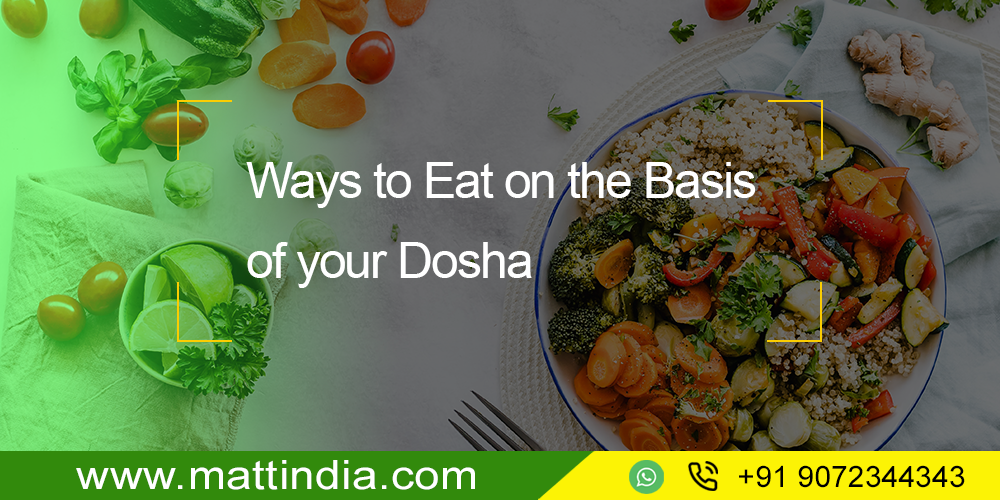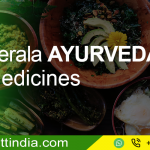Ayurvedic tradition teaches human beings require to maintain and balance three forms of energy. These energies are linked to the natural elements such as:
Kapha: It is the energy of your body’s structure that is associated with earth and water.
Vata: It is the energy of movement that is associated with space and air.
Pitta: It is the energy of metabolism associated with fire and water.
People do have Vata, Kapha and Pitta dosha preferably. A person’s dosha is the basis of the energy form that is most dominant in your constitution. The Ayurvedic tradition incorporates the person with the way they eat should correspond with their dosha.
How to determine your dosha
To determine your dosha could be tricky if you are new to Ayurveda. There are lists of the characteristics available for each dosha online.
The National Ayurvedic Medical Association guides you to consult a trained Ayurvedic practitioner if you are not quite sure about which type of dosha you exhibit or dominating.
Food recommendations for Vata type people
- Include loads of cooked vegetables.
- Consume 3 to 4 meals per day with 2 hours time interval.
- The nightshade vegetables such as eggplants, peppers and tomatoes must be avoided.
- Limit the intake of legumes.
- Intake sweet and juicy fruits, and avoid the use of astringent fruits like raw apples and cranberries.
- Foods such as frozen, raw and extremely cold foods must be avoided.
- Consume a wide variety of nuts and seeds, that is in the form of nut milks.
- The addictive products like alcohol, sugar and tobacco must be avoided.
Food recommendations for Pitta type people
- Animal foods like eggs, meat and seafoods should be limited.
- Consume loads of salads and raw vegetables in the seasons of summer and spring.
- Seeds and nuts must be avoided.
- Spicy foods, alcohol and coffee must be avoided.
- Consume lentils and legumes in moderate amounts.
- Consume sweetened dairy products.
Food recommendations for Kapha type people
- Fat foods and dairy intake must be avoided.
- The quantity of food must be limited.
- The protein intake should be limited.
- Consume loads of leafy greens and the vegetable grown above the ground than root veggies.
- Nuts, seeds and animal foods must be limited.
- Consume astringent fruits like mangoes, apples, cranberries and peaches.








